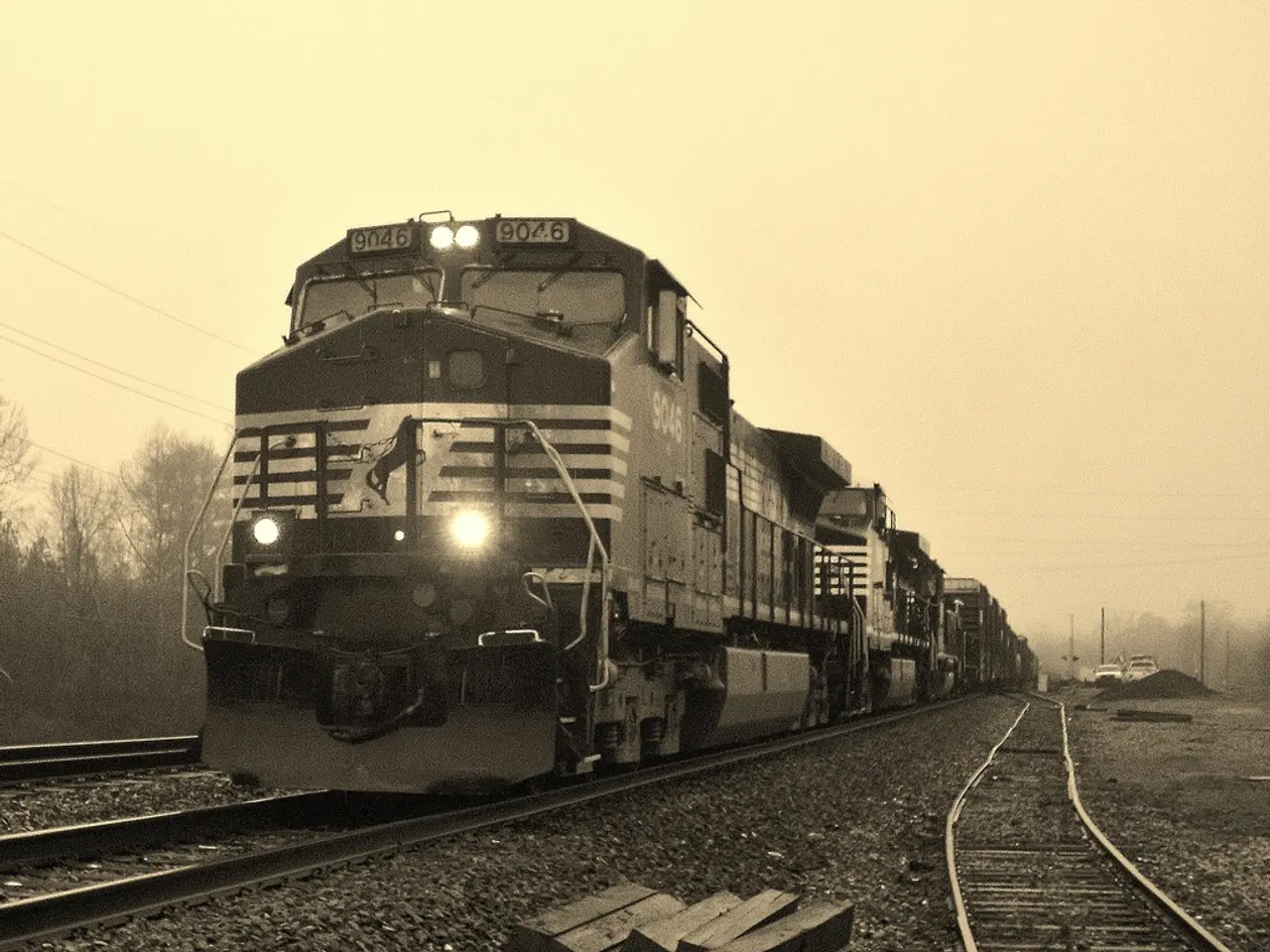Gaming Update: Wagering in Casinos: Insights on Maine, Massachusetts, Ohio
In a bid to expand gambling opportunities, three states - Maine, Massachusetts, and Ohio - are pushing for the legalization of online casino gaming. However, the process is fraught with political delays, regulatory caution, and industry opposition, creating significant hurdles in the path to legalization.
Maine
After passing LD 1164 in June 2025, which grants exclusive rights to four tribes to offer online casino games, Governor Janet Mills has deferred action. The bill, if signed, would allow the Penobscot Nation, Passamaquoddy Tribe, Mi’kmaq Nation, and Houlton Band of Maliseet Indians to partner with licensed platforms like DraftKings and Caesars. However, with Governor Mills' past opposition to gambling expansion, it remains uncertain whether she will support the current bill. The bill sets an 18% tax rate and a $50,000 annual license fee, aiming to raise state revenue while addressing gambling addiction and social programs.
Massachusetts
The Bay State has introduced bills (SB 232 and HB 232 in 2025) proposing two online casino licenses per existing casino plus four untethered licenses. However, these bills remain at the committee level with only a moderate chance of advancing soon. The legislative process here is slow and cautious, reflecting regulatory caution and political hesitancy to move forward quickly on online casino legalization. There appears to be no strong industry opposition reported yet, but the lack of movement indicates competing legislative priorities and careful consideration.
Ohio
Ohio has seen multiple plans to legalize online casinos move forward, but the efforts are currently in a holding pattern as of mid-2025, with hopes for legislative movement late 2025 or early 2026. The pause suggests political delays and possibly regulatory caution, compounded by the complexity of negotiations involving tax models, licensing, and oversight. Industry opposition, particularly from land-based operators concerned about revenue cannibalization, may be a factor adding to the slower pace of progress.
Summary of factors influencing progress:
| State | Progress Status | Political Factors | Regulatory Factors | Industry Opposition | |---------------|-------------------------------------------|------------------------------------------------------|------------------------------|---------------------------------------------| | Maine | Bill passed but governor deferred action | Governor’s past vetoes cause uncertainty; close legislative votes | Licensing limited to tribes; tax rates set | Existing casinos excluded, likely opposed | | Massachusetts | Bills introduced but stalled in committees | Moderate political hesitancy or competing priorities | Regulatory caution, no strong industry opposition reported | Possible neutrality so far | | Ohio | Multiple proposals introduced, stalled | Legislative delays; ongoing negotiations | Complex regulation under discussion | Land-based casinos concerned about revenue impact |
This shows that while there is legislative momentum, actual legalization of online casinos in these states is hindered by cautious regulators, political delays like gubernatorial indecision, and opposition mainly from land-based casino interests concerned about competition and revenue loss. Maine's example particularly highlights the impact of political leadership and tribal exclusivity arrangements on online casino legalization efforts.
In Ohio, the online casino legalization push appears fractured and unlikely to succeed in 2025 due to a lack of unity among lawmakers and operators. Major in-state operators like JACK Entertainment and Churchill Downs have voiced opposition to the online casino legalization in Ohio. On the other hand, Maine's governor, Janet Mills, has chosen not to act on LD 1164, a bill that would allow Maine's Wabanaki Nations to offer online casino games, and is holding it until lawmakers return in 2026.
[1] [Source 1] [2] [Source 2] [3] [Source 3] [4] [Source 4] [5] [Source 5]
- The legalization of online casinos in Maine is currently in limbo due to Governor Janet Mills' delayed action on LD 1164, despite it passing in June 2025.
- In Massachusetts, regulatory caution and political hesitancy have slowed the progress of bills proposing online casino licenses, with only moderate chances of advancing soon.
- Ohio's quest for online casino legalization seems to be hitting a roadblock with legislative delays, ongoing negotiations, and strong opposition from land-based casino operators like JACK Entertainment and Churchill Downs.
- Sports betting and gambling news outlets are closely following the general-news stake on the potential legalization of online casinos in these states, as the odds for immediate passage remain uncertain, with significant hurdles in the form of political factors, regulatory considerations, and industry opposition.







